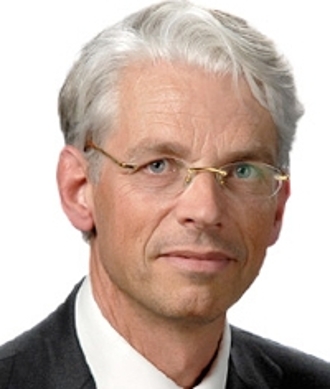A new approach
Patients with chronic conditions such as diabetes and arteriosclerosis are seldom cured of their illness. Usually doctors cannot do much more for them than keep the illness under control and limit damage to organs as far as possible. Regenerative medicine aims to use a completely new approach, namely to repair damaged organs, returning them to their original state and function. Through vascular research, Leiden scientists are looking for factors that point to disease at an early stage, to be able to predict when people are getting ill.
Repairing organs instead of replacing them
In the past a complete organ, such as a heart or kidney, would be replaced in a transplant operation. Nowadays specialists are more inclined to explore whether there is a mechanism in the body itself that can repair the damage. The capacity is often already there, but this mechanism does not function well. For example, the repair mechanism can be activated by introducing stem cells. These are cells that still have the potential to grow into different types of somatic cells. Within LUMC, a great deal of research is being conducted on possible therapeutic applications of these stem cells for regenerating tissues. Among the types of patients that could benefit from this sort of treatment are those suffering from Graft-versus-Host disease and type 1 diabetes.
Organ-on-a-chip
In addition to therapeutic applications, stem cells are also important for scientific research into new medications. With the help of so-called organ-on-a-chip technology, researchers grow stem cells into a small piece of an organ. These pieces can then be used to test substances that could lead to the development of new medications.
Precursor
Leiden University Medical Centre has many research facilities in the area of regenerative medicine. In 2011, LUMC was the first to have a facility for growing induced pluripotent stem cells, and it has a very extensive Good Manufacturing Practice facility for the production of stem cells for therapeutic applications. At Leiden University and LUMC there is good interaction with cell biologists, physicians and technicians at the surrounding technical universities.
More information:
Vascular and Regenerative Medicine LUMC


















